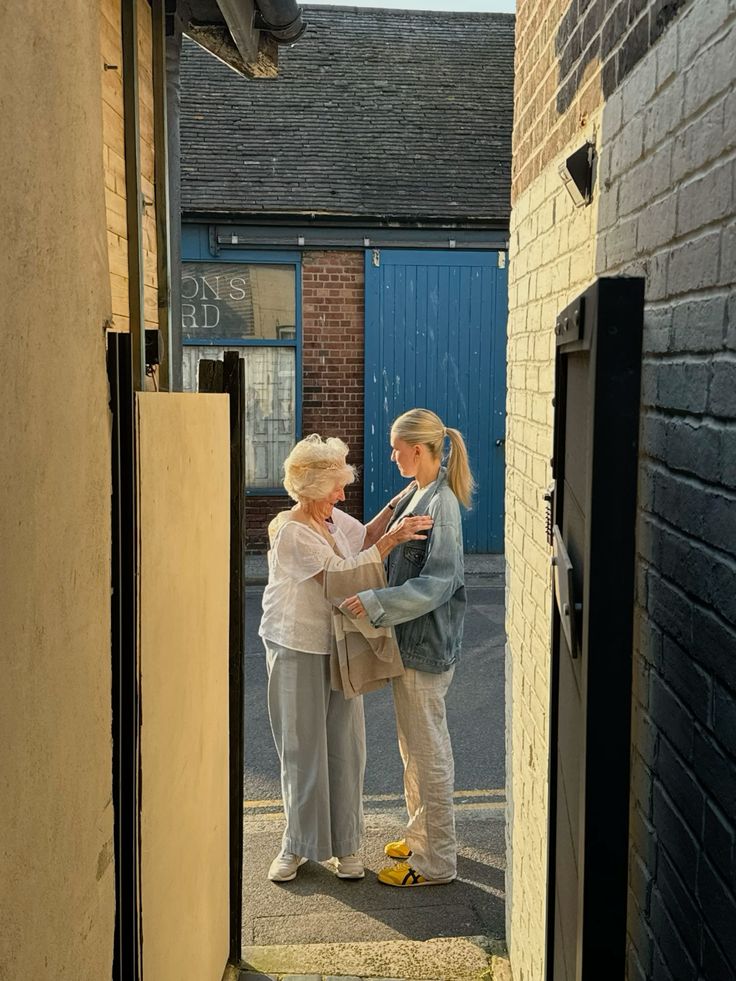More often than not, after an unsuccessful relationship we find ourselves in deep contemplation about when it all really went wrong. There is the all too familiar saying, “it’s not you, it’s me,” but when does a pattern in failed relationships become a reflection of us? What does ‘who we are attracted to’ say about us?
Think back on the last few people you have been involved with: what do they have in common? What makes them different? They may have similar attributes whether they are physical, behavioral or even the way in which your relationship reached its demise. Are they a commitment-phobe, a stage-5 clinger, the fixer-upper or some combination?
If you find yourself dating a noncommittal who string you along before finally leaving you heartbroken, it may be time to look within and analyze why you go after those types. Sometimes it has to do with the way we see ourselves; if you don’t have a lot of confidence in yourself it can be difficult to understand why someone might be interested in you. In order to grow into a better, healthier relationship it is vital to work on the relationship with yourself.
The stage-5 clinger can be a lot to deal with — someone who always needs to be a part of everything that you do. At first it might be nice to have someone care that deeply about the things you’re interested in, but after awhile it can be suffocating. If you find yourself drawn to this type of person, it may be time to ask yourself whether or not you search for these people to make yourself feel important and valued. The attention that the clinger gives you may fill a need you didn’t know you had.
Fixer-uppers seem to be all the rage recently, from real estate to partners it’s more common to think that we have found a diamond in the rough and polish that sucker until it shines. The problem with that is a lot of rocks can be disguised as diamonds, meaning a lot of people who can’t, or don’t want to be, fixed appear to be the most attractive to you. Wanting those around you to be their best selves isn’t the issue, the problem occurs when you use others to cover up problems of your own. Changing people is a tricky business and really shouldn’t be attempted unless the person explicitly asks for help. Really reflect on why you want to be the one to fix everything.
Relationships are tricky and feelings can be messy, but the most important thing to remember is that the relationship you have with yourself is the longest and most intimate one you’ll ever have. Take time to understand what you need and want in a relationship and why you want those things. Having someone to text you, “goodnight,” is great, but is it worth ignoring your own issues?





